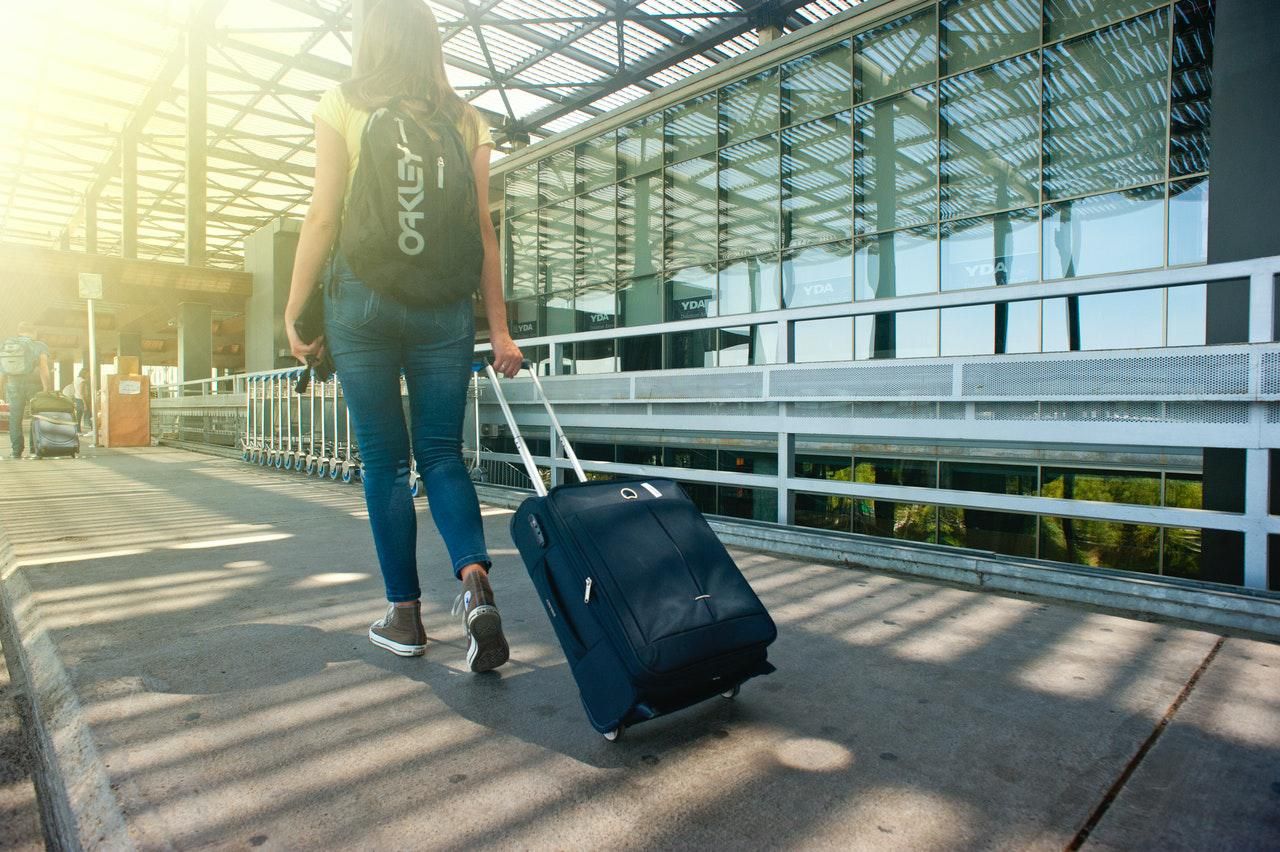Now that my husband’s hip is on the mend (thankfully!), we’re actually talking about taking some trips. While our budget and time does not allow anything exotic right now, the thought of getting on an airplane is exciting—no matter where I’m heading. Although, I must admit, the newest attempt on an airliner over Detroit has me a bit anxious…
Donna Hull, a fellow blogger who has a fabulous travel website called My Itchy Travel Feet,has written all about it. And not only do I envy where her travels take her, I envy her sense of calm. Here’s a bit of what she says when she poses the question, “Is air travel dead?”
“It could be if you let it. Will I stop my overseas travel adventures to avoid the flying hassles? Absolutely not. The clock is ticking for this baby boomer. I don’t know what will happen next year, or even tomorrow. Illness comes quickly to boomers, or a parent’s declining health or other life changes that might eliminate travel completely. I’m going while I can. I don’t intend to let the terrorists win by changing the way I live my life.”
She’s so right, don’t you think? I especially relate to the part about being a baby boomer and not knowing when health issues—be it yours or your aging parents—will get in the way.
So, off I’m off to Florida next month to celebrate the 80th birthday of my mother-in-law. And with me come not only too much luggage (I never know what to bring, so I bring what amounts to everything!) and other things like medications and my endless supply of vitamins and supplements.
Speaking of pills, I find it so confusing to know what documentation I might need and how much medicine to bring, especially since security rules seem to shift so constantly. To the rescue: The Consumer Health Information Corporation. Here are some of their tips:
ALWAYS keep your medicines in their original prescription containers with the original labels – (good to know, since sometimes I just take the amount that I need and stow them away in a little pill box).
Write down this information and keep it with you:
- The names of the conditions that your medicines treat.
- When you take your medicines (morning, afternoon, evening).
- How you take your medicines (by mouth, on the skin, etc.).
- Your primary care doctor's address, phone number, "on-call number", and hours of operation are very valuable, especially if you find yourself in an emergency situation.
- Ask your pharmacist to give you a copy of your prescriptions and include the name, phone number and address of the pharmacy. This will make it easier to get medicines if your carry-on items or luggage are lost or stolen.
Prepare a carry-on medicine "Travel Kit"
- Never pack medicines in your checked luggage. It is best to put them in a "Travel Kit" in your carry-on bag. By doing this, you make sure that your medications are with you in case your luggage is lost. They are also kept at a controlled temperature. This is important because some medicines must be kept at a certain temperature (such as insulin).
- Keep your medicines with you so that you can take your doses at the right time.
- If you have a special condition, such as diabetes, make sure you pack blood testing supplies, snack foods (such as cheese and crackers) and fast-acting sugar (such as hard candy, sugar cubes, glucose tablets, or gel) in addition to your medication. (I don’t have diabetes but have a friend who does. She took what was supposed to be a one-hour flight that turned into a five-hour ordeal when her plane was held for takeoff due to bad weather. And she forgot to pack a snack. Poor her.)
A note about security screening
Medications must be in their original prescription containers with the original pharmacy labels. The prescription medicines must match the name on the passenger's ticket. Don't forget that this also applies to pets that are traveling with you and taking prescription medicines. Otherwise, you may not be able to get them through security.
For more information on traveling with medical conditions or special needs, check the Transportation Security Agency’s website by clicking here.
It really does pay to be prepared. Happy travels!
You might also want to read: Traveling? Move to Avoid Deep Vein Thrombosis



